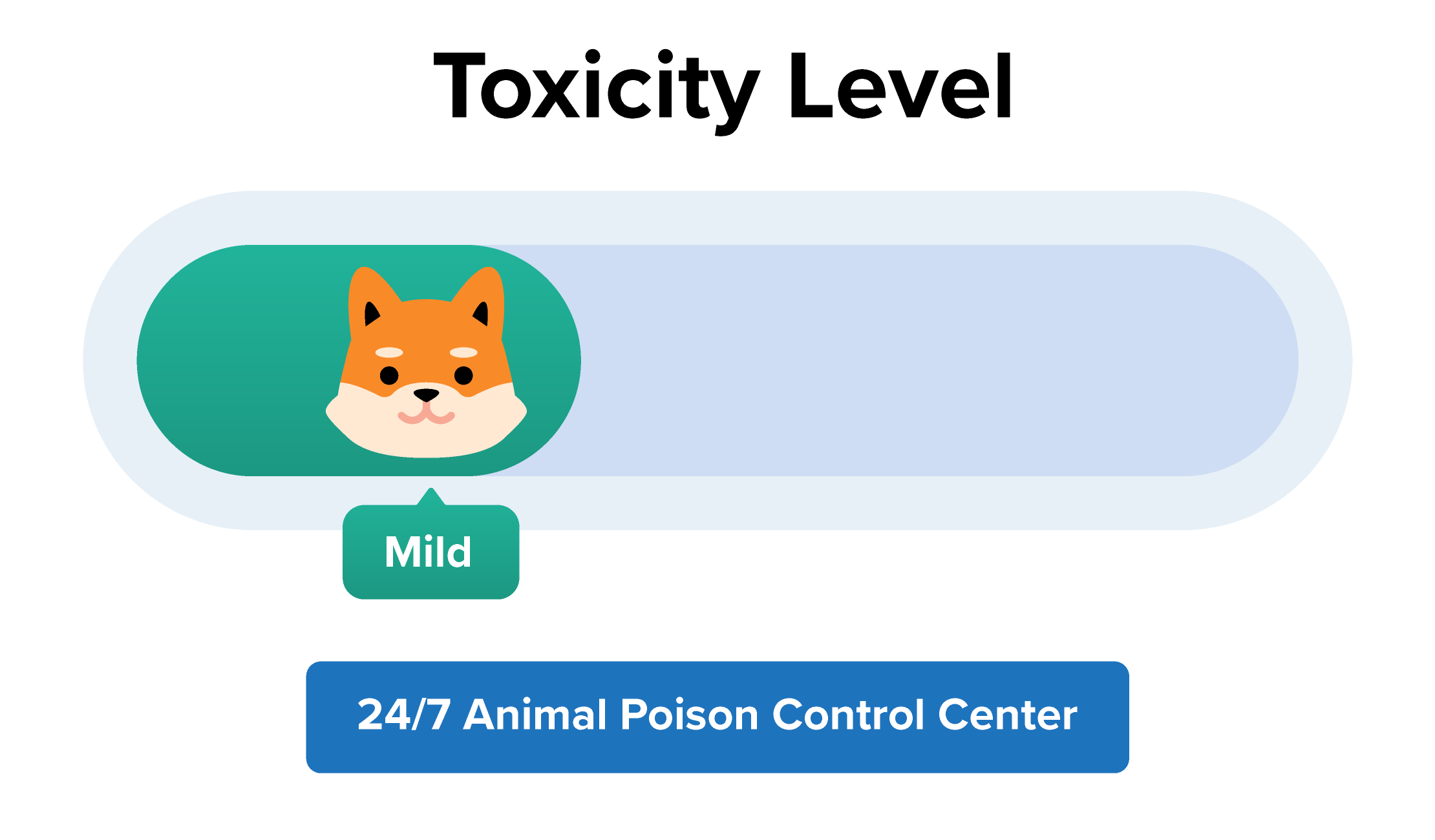Has your dog gotten some food off the counter that contained tuna? Did he happen to snarf up a can of opened tuna left on the table? If so, then you’ve come to the right place!
Connect with a verified veterinarian in minutes. Licensed vets are available 24/7 to answer your questions. No need to worry about your furry family member.
In this article, we’ll take a look at whether or not tuna is safe for dogs and what you need to do if your dog’s eaten some tuna. Let’s get started!
What is Tuna?
Tuna is a saltwater fish, which has a very streamlined body. Their body shape allows tuna to swim fast; in fact, tuna are some of the fastest fish around. They can go about 40 mph, making them the fastest fish in the oceans!
These fish love warm waters, where some grow wild. Some tuna are commercially raised for human consumption.
Tuna comes in many different types, colors, shapes, and sizes. They can grow anywhere from 1ft to 15ft long and weigh well over 1,500 lbs. Tuna can also live up to 50 years.
The tuna most commonly used for food include:
- Skipjack
- Bigeye
- Bluefin
- Yellowfin
- Albacore
Tuna is packed with plenty of nutrition, including:
- Antioxidants
- High in protein
- Low in saturated fats
- Low salt
- Contains vitamins D, B12, niacin, vitamin B6, and riboflavin
- And more
Is Tuna Safe for Dogs?
Fish for dogs has become a popular protein source in the last few years. When looking at the dog food aisle at the store, many of these products contain fish such as salmon, whitefish, cod, and more. It’s thought that fish provides many of the nutrients dogs need. Plus, it’s great for dogs with skin and other allergies, as well as dogs with other health issues.
When it comes to tuna, however, vets and pet nutritionists are divided. Some believe tuna is safe and healthy for dogs, while others say never to feed a dog tuna. Which side is right? Before we decide that, let’s take a look at the reasons some experts say tuna isn’t safe for dogs.
One of the main issues with tuna is the level of mercury found in these fish. Mercury enters their food chain from fossil fuel plants, fertilizers, and more that flow into lakes, rivers, and then the ocean. Over time, mercury accumulates in the fish. So, the larger and older the fish, the more mercury it will contain.
In addition, some dogs are allergic to fish, including tuna.

Review symptoms, medications & behavior to keep your pets healthy with a Vet Online in just minutes.
Ask a Vet Live NowCan Dogs Eat Tuna?
Yes, but only in moderation. One can of tuna or a bowl of tuna salad will not contain enough mercury to make him sick. However, it’s best to only feed your dog tuna about two times a week, not more.
If your fur baby has become sick after eating some tuna, then he may be experiencing vomiting and diarrhea. If this lasts more than 12-24 hours, then be sure to call your vet. They will have the best advice and guidance on what needs to be done next.
Connect with a verified veterinarian in minutes. Licensed vets are available 24/7 to answer your questions. No need to worry about your furry family member.

Julie
Julie is a graduate of the University of North Carolina, Wilmington, where she studied Animal science. Though contrary to the opinion of her parents she was meant to study pharmacy, but she was in love with animals especially cats. Julie currently works in an animal research institute (NGO) in California and loves spending quality time with her little cat. She has the passion for making research about animals, how they survive, their way of life among others and publishes it. Julie is also happily married with two kids.
Review symptoms, medications & behavior to keep your pets healthy with a Vet Online in just minutes.
Ask a Vet Live Now




